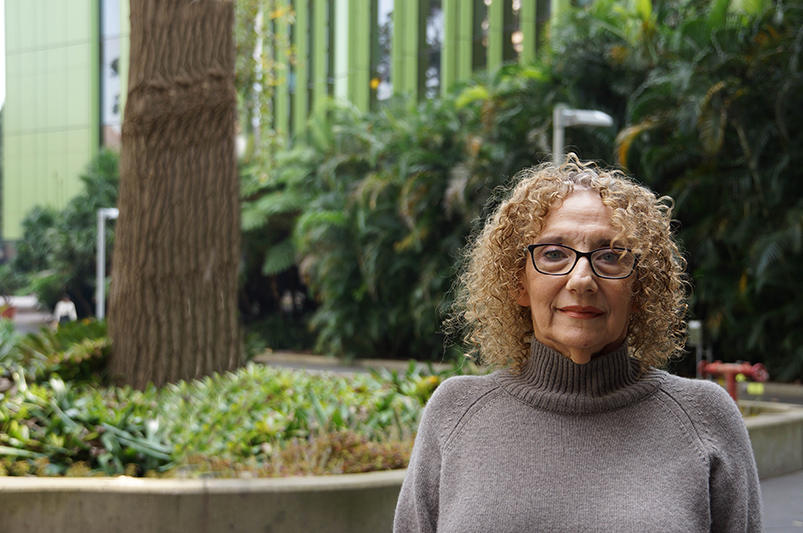Kerry-Anne Rye appointed as a fellow at the ASBMB
Congratulations to Professor Kerry-Anne Rye on her fellowship at the American Society for Biochemistry and Molecular Biology
Congratulations to Professor Kerry-Anne Rye on her fellowship at the American Society for Biochemistry and Molecular Biology

The American Society for Biochemistry and Molecular Biology (ASBMB) recently established a fellows program to recognise members of the society who have demonstrated exceptional commitment to the ASBMB and made outstanding contributions to advance the molecular life sciences.
In recognition of her research and contributions to the molecular life sciences, Professor Kerry-Anne Rye, Deputy Head (Research) in the School of Medical Sciences at UNSW Sydney has been appointed an inaugural fellow.
"I have worked for many years with a highly talented team of postdoctoral fellows, PhD students and international collaborators to identify new therapeutic targets with the potential for translation into novel therapies for treating atherosclerosis and diabetes," said Professor Rye.
Professor Rye explained the outcomes of her research, together with her long-term contribution to knowledge of the structure, function and metabolism of high-density lipoproteins were instrumental in her nomination as an inaugural fellow of the ASBMB. She suggests her long-term involvement with the ASBMB, including her role as co-editor-in-chief of the Journal of Lipid Research (JLR), were also contributing factors for her nomination.
"While this award is a wonderful acknowledgement of my research career and my involvement with the scientific community in general, to me it is more about recognition of the importance of giving back in as many ways as possible, and the excitement of watching early- and mid-career researchers I have mentored reach their full potential."
Professor Rye was nominated by Professor Nicholas Davidson, division chief of gastroenterology at Washington University School of Medicine. He is also co-editor-in-chief of JLR.
"Professor Rye is an international expert and key opinion leader in the biology, structure and function of high-density lipoproteins (HDLs), the particles in plasma that transport 'good' cholesterol.
"She was the first to report that HDLs inhibit the inflammatory events that drive the development of heart disease. Her lab was also the first to report that HDLs have anti-diabetic functions, a discovery that has generated huge excitement in the diabetes patient and research communities," explained Professor Davidson.
Professor Davidson highlighted Professor Rye's commitment to education and mentorship, acknowledging the number of PhD students and postdoctoral fellows she has supervised, many of who are now key opinion leaders with appointments as full or associate professor.
"Professor Rye is an exemplary international ambassador for ASBMB and a wonderful role model for successful women scientists everywhere."
The full list of inaugural ASBMB fellows can be viewed here.